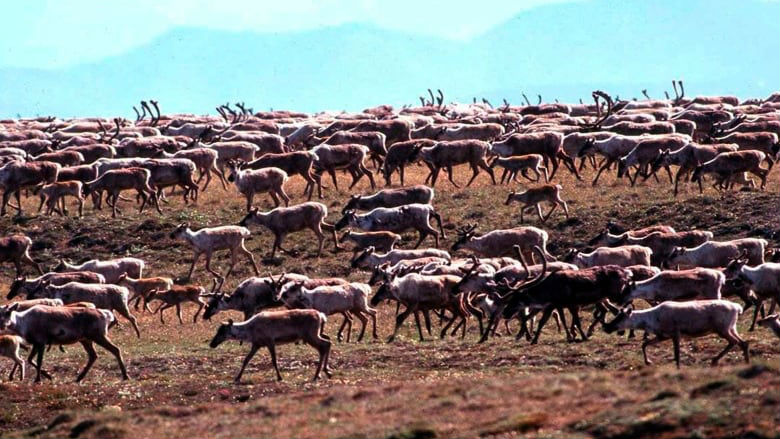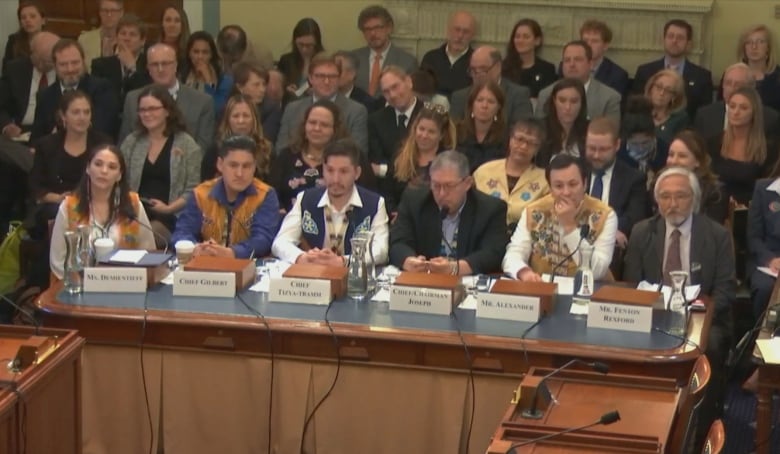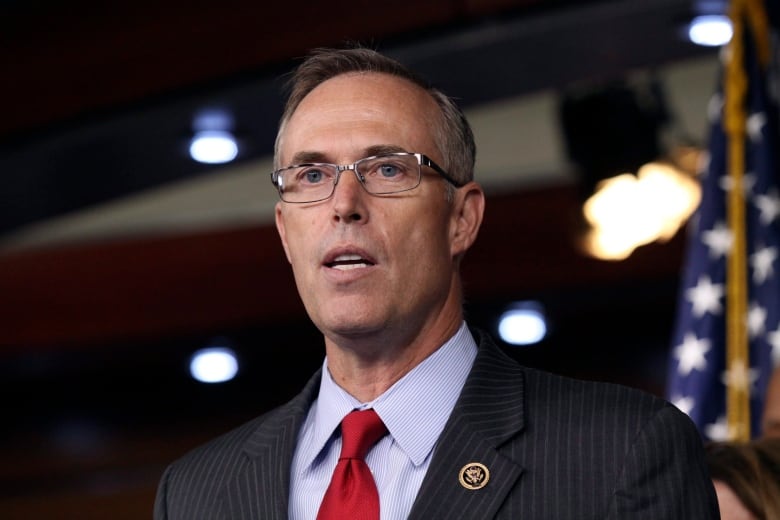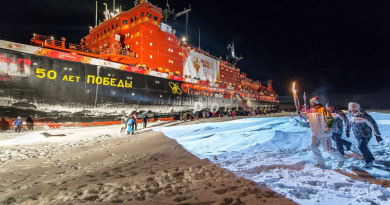Bill to protect ANWR passes early hurdle in Washington

Indigenous Gwich’in leaders say they’re hopeful after a U.S. bill to protect the Arctic National Wildlife Refuge (ANWR), located in northeast Alaska, passed an early hurdle in Washington.
The Arctic Cultural and Coastal Plain Protection Act was approved Wednesday by the Democrat-controlled House Committee on Natural Resources, meaning it now goes to the House floor for a possible vote by all members of Congress.
The bill would effectively repeal a provision in the Trump administration’s 2017 tax law that allows for oil and gas drilling in parts of ANWR. The refuge is home to the calving grounds of the Porcupine caribou herd and had been off-limits to drilling for decades — despite efforts by some Alaska politicians to open it up.
“The future of the caribou and the future of the Gwich’in are one and the same,” said Bernadette Demientieff of the Gwich’in Steering Committee, in a statement on Wednesday. Her organization represents Indigenous communities in Alaska, Yukon and the Northwest Territories.

“Today we saw House leaders stand up for our human rights and way of life by voting to protect our sacred land. We are thankful to them.”
Demientieff, along with several other Indigenous leaders from Alaska and Yukon (northwestern Canada), addressed a subcommittee hearing about the Bill, in Washington in March. She was back in Washington this week to see Wednesday’s committee vote.
She called it “an important day” for the Gwich’in people.
“[ANWR] is not just a piece of land with oil underneath, this is sacred land to us,” she said. “This is one of the last untouched ecosystems in the world, and we should leave it like that.”
Democratic representative Jared Huffman of California — who spearheaded the legislation — agreed, saying on Wednesday that ANWR is “too wild, too important, too special to be spoiled by oil and gas development.”

“In the face of climate change, let’s not mess up one of the few good things that are still going for caribou and the people who depend on them.”
The bill still has some major — and possibly insurmountable — hurdles to pass before it becomes law. If it passes a vote in the House, it would then go before the Republican-controlled Senate.
With files from Heather Avery
Related stories from around the North:
Canada: ‘We are caribou people’: Canadian First Nations leaders in Washington to push for ANWR protection, CBC News
Finland: The world could transition entirely to cheap, safe renewable energy before 2050: Finnish study, Yle News
Norway: Greenpeace activists board oil platform in Arctic Norway, The Independent Barents Observer
Russia: Russia to spend €1 billion on Arctic gas terminal, The Independent Barents Observer
United States: U.S. Interior Dept. delays offshore drilling plan: report, Alaska Public Media



